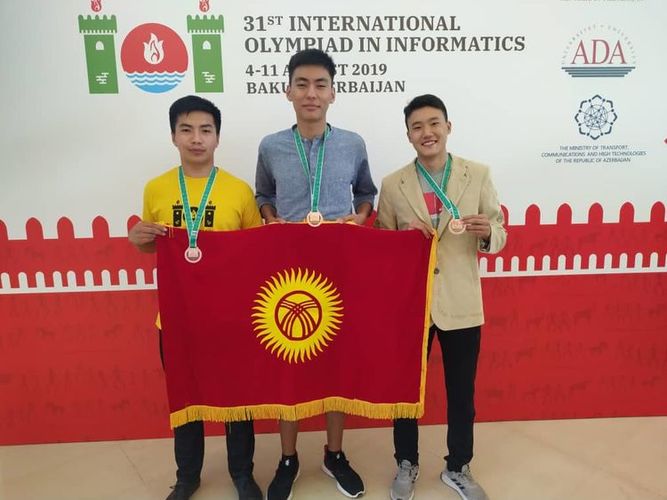Student Team Wins National Competition

We are proud to announce that a team of undergraduate students from our institute has won first place in the National Electrical Engineering Design Competition with their innovative smart grid project.
The winning team, consisting of fourth-year students Aibek Tursunov, Dinara Aliyeva, and Nurlan Omarov, developed a comprehensive solution for monitoring and controlling distributed energy resources in rural microgrids.
Their project, titled "Adaptive Microgrid Control System for Remote Villages," impressed the judges with its innovative approach to addressing the challenges of rural electrification in mountainous regions of Kyrgyzstan.
Key features of their solution include:
- Low-cost monitoring devices using open-source hardware
- Mesh network communication system that works in areas with limited connectivity
- Machine learning algorithms for load forecasting and resource optimization
- User-friendly interface accessible via mobile devices
- Scalable architecture that can be deployed in various settings
The competition, held in Bishkek on April 28-29, 2022, featured 18 teams from universities across Kyrgyzstan. Projects were evaluated based on innovation, technical feasibility, economic viability, and potential social impact.
"We are incredibly proud of our students' achievement," said Dr. Elena Petrova, who served as the team's faculty advisor. "Their project demonstrates not only technical excellence but also a deep understanding of the specific challenges facing our country's energy sector."
The winning team received a cash prize of 100,000 KGS and an opportunity to present their project to the Ministry of Energy for potential implementation in rural electrification programs.
"This competition allowed us to apply the knowledge we've gained throughout our studies to a real-world problem," said team leader Aibek Tursunov. "We're excited about the possibility of seeing our solution implemented in actual villages."
The team plans to further develop their project as part of their final year thesis work, with the goal of creating a deployable prototype by the end of the academic year.